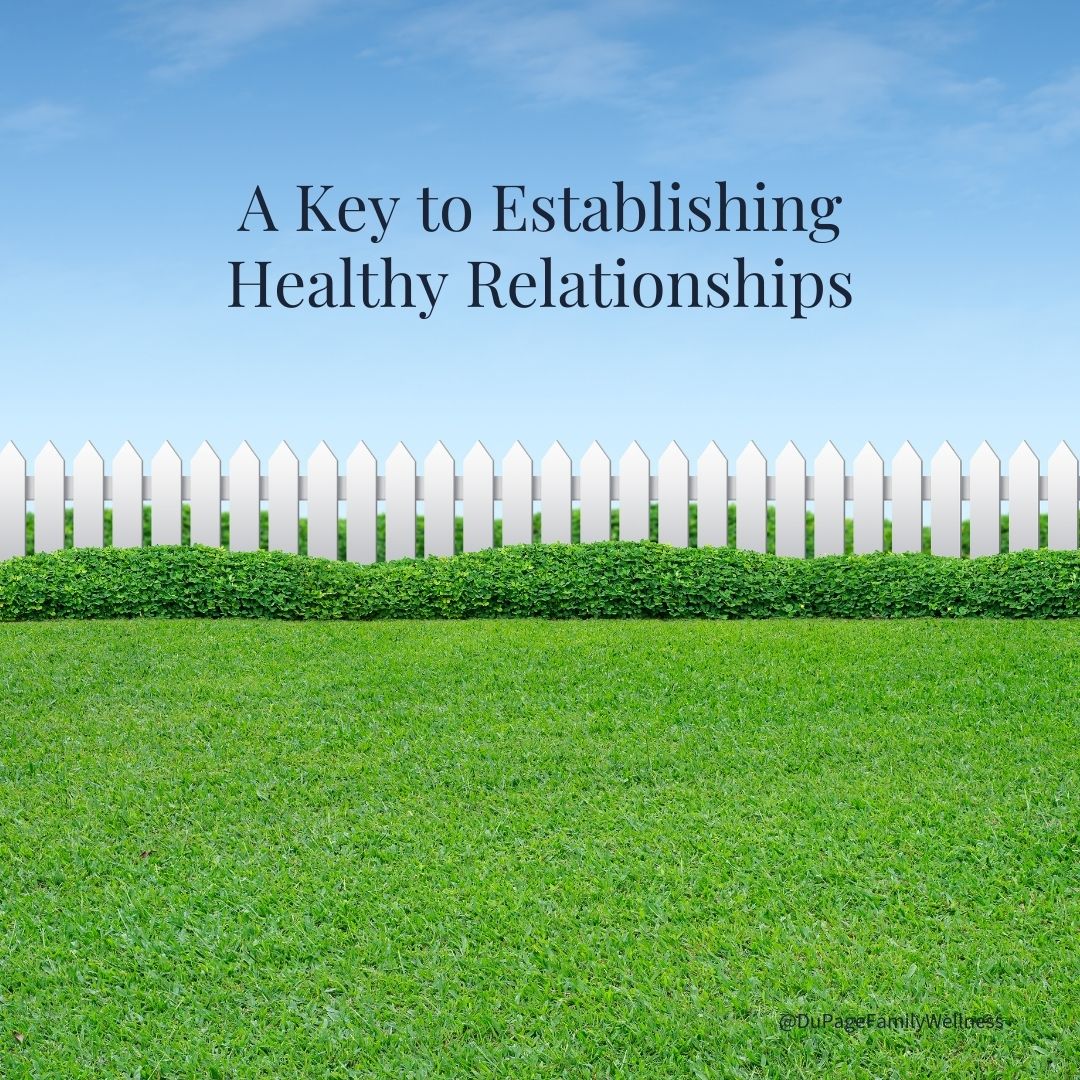 Are you exhausted because you constantly give to others and rarely expect anything from them in return? Does it feel like there are never enough hours in the day because your schedule is so full? Is it difficult for you to say no to others or ask what you need from them? If so, you may be lacking boundaries.
Are you exhausted because you constantly give to others and rarely expect anything from them in return? Does it feel like there are never enough hours in the day because your schedule is so full? Is it difficult for you to say no to others or ask what you need from them? If so, you may be lacking boundaries.
Without boundaries we will struggle to live an authentic life that reflects our true priorities. Boundaries free us up to live a life of purpose. But what exactly are boundaries and how do you establish them?
What are Boundaries?
Simply put your boundaries are your standards of what is acceptable and what is not in your relationships. Healthy boundaries help you determine how you should be treated, as well as what is your responsibility and what is not in the relationship.
Boundaries often give the impression of keeping yourself separate, however that is not truly the intent. As writer Jennifer Chesak says, “boundaries are actually connecting points since they provide healthy rules for navigating relationships, intimate or professional.”
Healthy boundaries are neither too loose or too rigid, but are empathetic and flexible. When healthy boundaries are in place, it frees you up to love both the other and yourself at the same time.
Types of Boundaries
According to marriage therapist Elizabeth Earnshaw there are six types of boundaries that you deserve to have honored in your relationships: physical boundaries, emotional boundaries, time boundaries, sexual boundaries, material boundaries, and intellectual boundaries.
- Physical boundaries have to do with how you are touched, who's in your space, and what your body needs (rest, food, water, etc.).
- Emotional boundaries include having your emotional experience honored and respected.
- Time boundaries involve understanding what is important to you and making sure you have time for those priorities.
- Sexual boundaries include consent and honoring your preferences and privacy.
- Material boundaries include having your property respected.
- Intellectual boundaries have to do with your thoughts and perspectives being honored.
Both your preferences and needs matter, and should be respected when communicated. When they are not honored, it damages both you and the relationship.
How to Develop Healthy Boundaries
The first step in developing healthy boundaries is self-awareness. Many people have weak boundaries because they have not done the work of deciding what they want in a relationship. If you are unclear with yourself, you will be unclear with others. Take time to get to know what feels right and what you want in a relationship.
Once you know what you want, it is important to communicate those preferences clearly. This is where most people struggle because they are afraid they will let other people down or that there will be conflict. Author and researcher Brene Brown states that “daring to set boundaries is about having the courage to love ourselves even when we risk disappointing others.”
Brown explains that without these boundaries we feel mistreated and resentment will begin to grow. She acknowledges it can be uncomfortable to communicate these boundaries. With this in mind she established a mantra - "choose discomfort over resentment." She repeats this mantra to herself during those difficult moments when someone is waiting for her reply.
Brown also suggests rehearsing your boundaries out loud. She will often practice saying “I can’t take that on” to no one in particular. This practice makes it easier to communicate her boundaries even when it feels awkward.
What Do Healthy Boundaries Sound Like?
Healthy boundaries can be communicated in a kind clear manner. The key is to help the other person understand your boundary in a respectful way.
For example, if a conversation is starting to become disrespectful you may say, “I can tell this is a passionate subject for both of us. I would love to continue this discussion, but we need to refrain from calling each other names. If we can’t, I will not be able to finish this discussion.”
Hopefully this will be enough to redirect the conversation in a positive way. If it is not, you may choose to restate your boundary or you may need to end the conversation. Ending the conversation may sound like, “I will not let you talk to me like this. We will need to have this conversation another time.”
Boundaries are not about controlling the other person. Boundaries are simply there to guide your reactions.
What do your relationships look like? Is there mutual respect and clear boundaries? Or are there some areas where establishing clear healthy boundaries would benefit you? What is the next step you can make today to begin growing in this area?
Dr. Jamie

